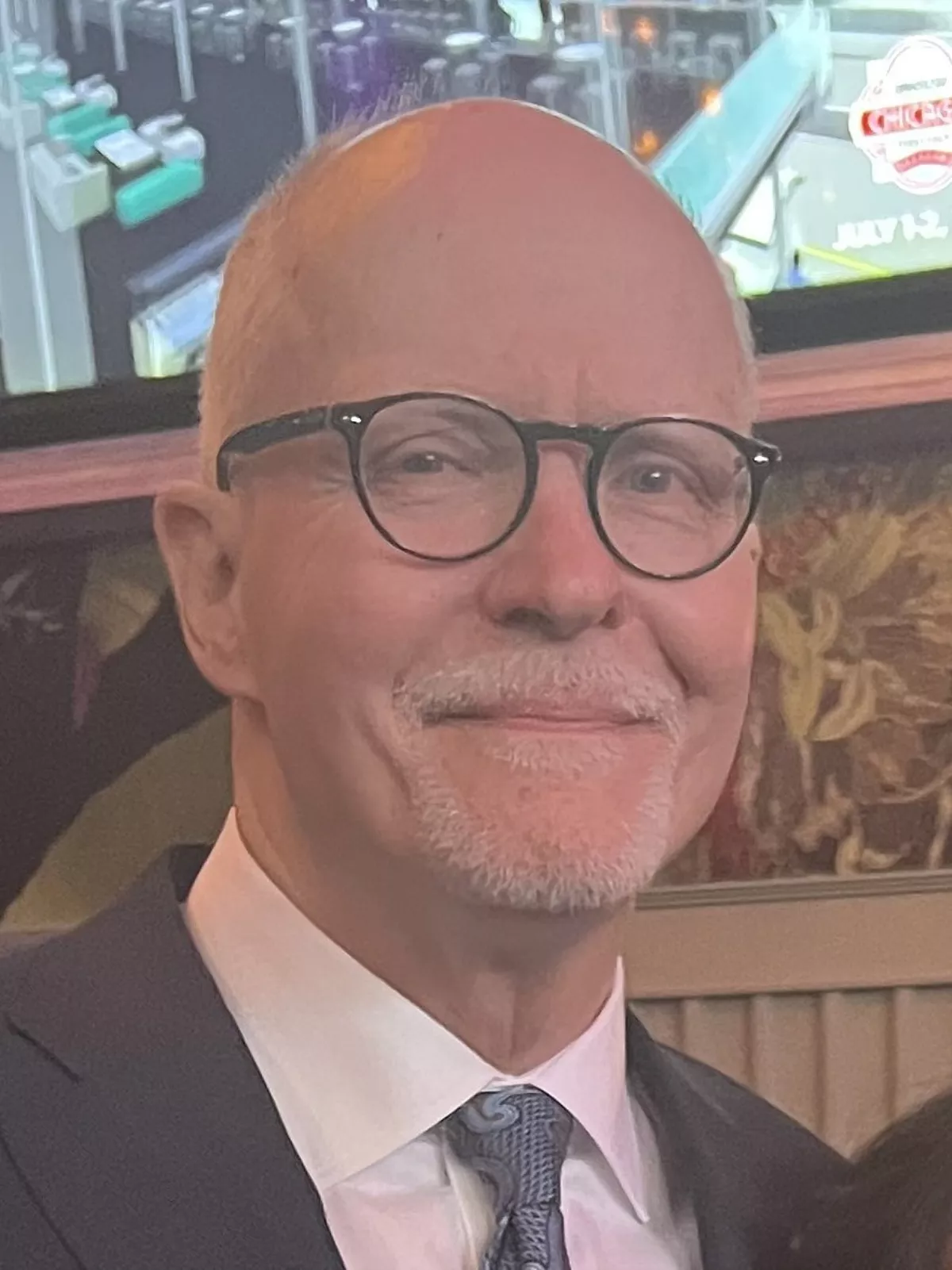 1.
1. Paul Vallas served as the superintendent of the Bridgeport Public Schools in Connecticut and the Recovery School District of Louisiana, the CEO of both the School District of Philadelphia and the Chicago Public Schools, and a budget director for the city of Chicago.